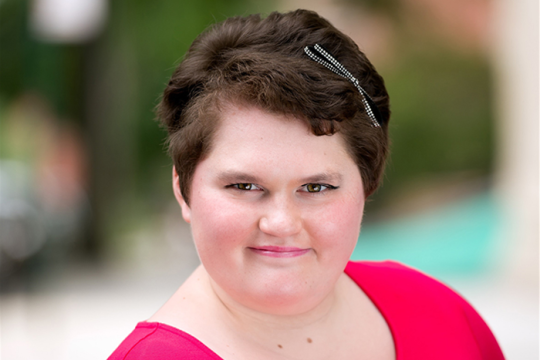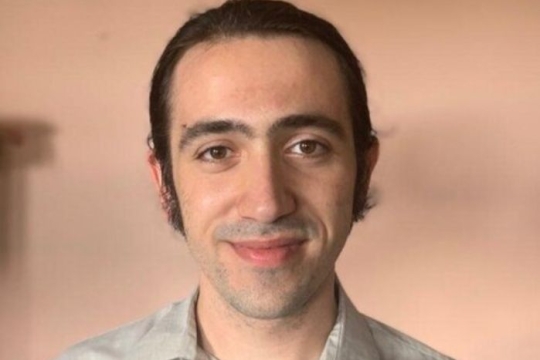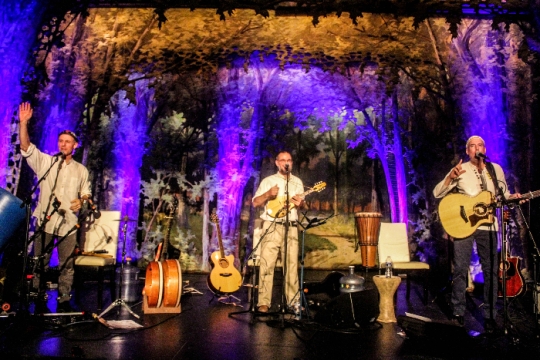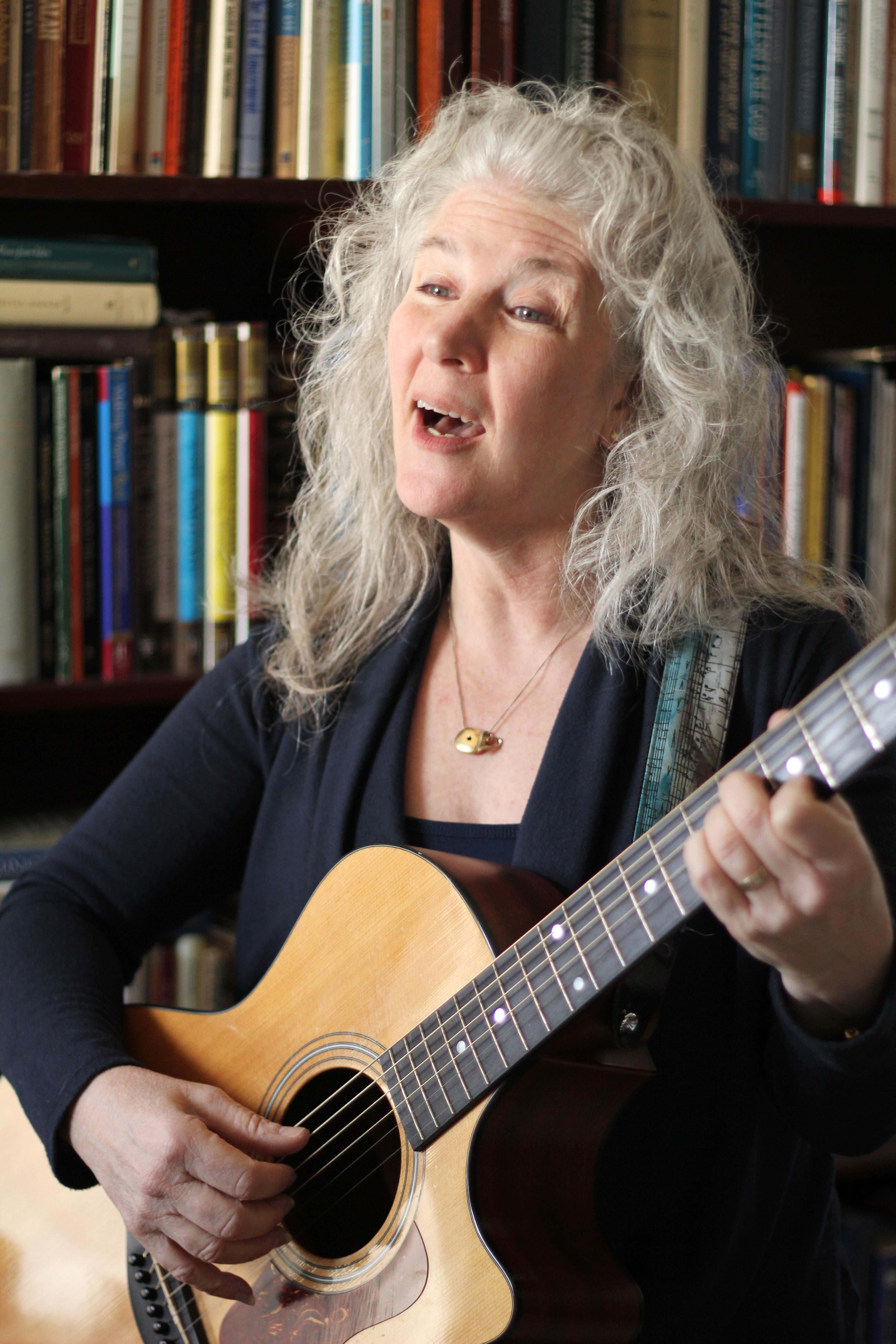
Perhaps more than any other holiday, Passover opens wide the doors between our past and our future, between our people and all people. As we retell the story of the Exodus in both our homes and synagogues, we are able to find myriad ways in which our journey from degradation to redemption and from slavery to freedom becomes the story of all people around the world who are still in need of redemption, still struggling for their freedom.
It is no surprise that we now see innovative haggadot that concern themselves with human trafficking, LGBTQ rights, racial discrimination, domestic violence, drug addiction, and many other social justice issues. The seder becomes a vehicle for transformation, a focal point for the relevant causes that should concern us in every generation. No other Jewish holiday embraces both our distinctively Jewish world and the larger world in which we live to the extent that Passover does.
The stages and symbols of the Passover seder might also enable us to engage in a bit of soul-searching and spring cleaning on behalf of ourselves, our families, and our communities. The questions that we ask, the music that we choose, and the ways in which we consciously bring the Passover story into our homes will help our homes and communities to grow into places of freedom, vision, and action on behalf of ourselves and others.
Music provides a few examples for exploration in this season.
Our seder begins with an opening of our homes and our hearts – we recite the ancient Aramaic “Halachma Anya,” inviting all those who are hungry to join us at our table. While the Aramaic may not resonate with many of today’s Jews, the message surely does. At my family’s seder this year, we will sing Carrie Newcomer’s “Room at the Table.”
When we taste the charoset, reminding us of the mortar with which we built for others, we can highlight the gifts and resources that we bring to our own families and communities. Consider the inspiring “God’s Countin’ on Me, God’s Countin’ on You,” an accessible tune that practically begs for family members to add their own verses to Pete Seeger and Lorre Wyatt’s lyrics.
As we hide the afikoman, we might ask ourselves, “What gifts are we hiding from others? How might we uncover them, and offer our best selves to our families and communities? Why am I holding back?” And no doubt, there are many more than four relevant questions. Have we been liberated, as individuals, from narrow places in our own lives? How was that accomplished? What are the success stories that we should recount to our children and friends as we navigate the coming year? Are we listening to the varying (probably more than four) questions that arise around our seder tables? What are the needs that different members of our families represent? Are they being heard and responded to in appropriate ways?
The questions go on: Are we appreciative of all those around our table, as well as in our communities? Teachers? Volunteers? Clerks, wait-staff, custodians, public servants and officials? Do we sing their praises enough? When it comes time for Hallel, perhaps there are ways for us to express our gratitude not only to God, but to each other and others in our communities who enable us to enjoy the lives that we live.
Families and congregations alike can make use of amazing videos to enhance the messages of the seder. What does it really mean to close our seders with the phrase “Next year in Jerusalem?” What will be our own Jerusalem – our place of peace – in the coming year, and how will we get there? Consider this powerful presentation by American rapper Prince Ea, titled “Why I Think This World Should End.” Sending us from our seders with a sense of responsibility to the world can also come from the singing of “If Not Now, Tell me When,” once again by Carrie Newcomer.
By combining our traditional words and melodies with the reality of our own lives today, we can use our seders and our Passover season as a vehicle for reawakening relevance, involvement, and a renewed sense of responsibility within our own homes as well as within our larger communities. We must not only recount, but respond as well. A zissin Pesach to you and yours!
Related Posts

I’d Rather Be Me: An Interview with Jewish Performer Shayna Goldberg

Meet the Man Amplifying the Sounds of the Borscht Belt

